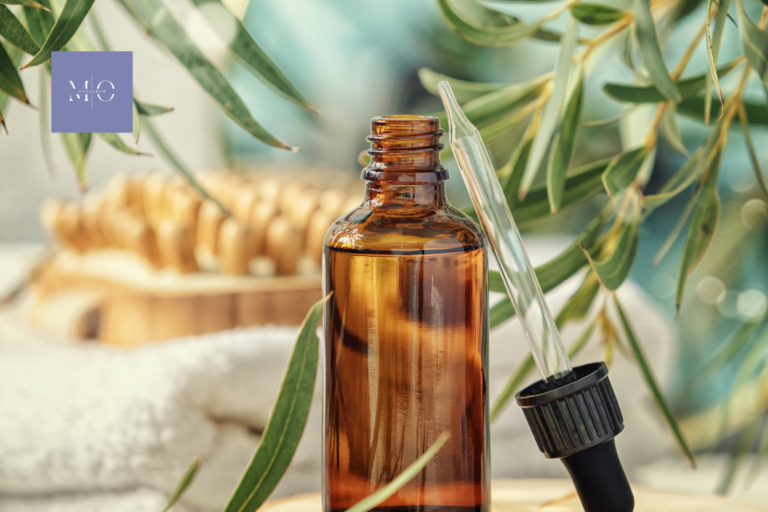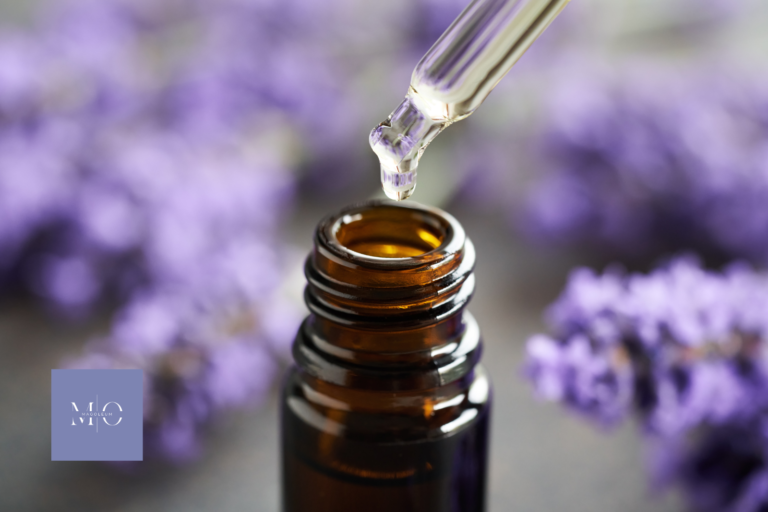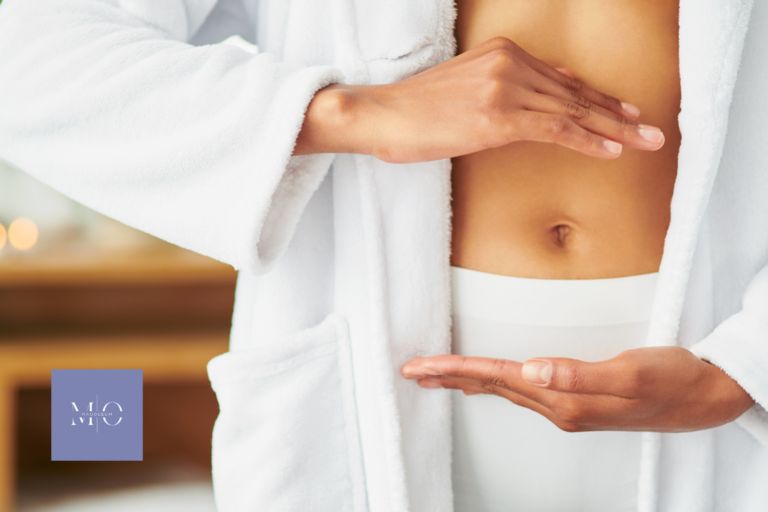Hey, beauties! 🌿 Let’s have an honest conversation about beauty. The reality is that the commercial beauty industry has not been kind to us or the planet. With synthetic ingredients that can harm our bodies and the heaps of plastic waste polluting our seas and oceans, it’s time to rethink what beauty truly means and how we can improve it.
The Dark Side of Commercial Beauty
The commercial beauty industry has not been kind to us or the planet.
Here’s the reality: the commercial beauty industry is built on convenience and profit. OK, they cater to market demand, but since there’s little discussion or education about the ingredients in beauty products, that’s what we end up with. People desire results, but often at the cost of their health and the environmental health. Many products are packed with synthetic chemicals like parabens and phthalates, which are not only harmful to the environment but also disrupt our delicate hormonal balance. Research from the Endocrine Society and Environmental Working Group has linked these chemicals to problems such as hormonal imbalances, fertility issues, and even a higher risk of cancer 😳
Unfortunately that’s not where the story ends. The beauty industry’s dependence on unsustainable practices — like single-use plastics — creates a lasting impact on our planet. Over 120 billion units of packaging waste are generated each year (EPA, 2023), much of which takes centuries (!!) to break down. These microplastics infiltrate our water and food systems, affecting ecosystems and potentially our own health.
The Natural Connection
This is where the real change occurs: nature and beauty have always been deeply intertwined. Your body flourishes with clean, natural ingredients — just as the planet does.
Switching to natural, plant-based ingredients isn’t just a trend; it’s a choice to nourish and protect your skin in the way nature intended. Unlike synthetic chemicals that either remain on the skin or, even worse, penetrate the skin barrier and disrupt your skin’s natural processes, plant-based oils and extracts work in harmony with your body, providing essential nutrients without any added toxins. Rosehip oil, for example, is rich in vitamins A and C, antioxidants that promote cell regeneration and a natural glow. Shea butter, a deeply moisturizing and gentle ingredient, offers fatty acids that strengthen your skin barrier, helping it retain moisture and stay resilient against environmental stressors.
Your body flourishes with clean, natural ingredients—just as the planet does.
When you choose these plant-based, sustainably sourced ingredients, you’re not only improving your skin health; you’re saying yes to a skincare routine that respects and protects the earth. And that is a meaningful connection between beauty and wellness.
How to Break Free from Commercial Beauty
- Ditch Synthetic Ingredients
Look for products without parabens, sulfates, and phthalates. These chemicals can damage your skin and interfere with hormonal balance. - Choose Sustainable Packaging
Opt for brands that offer refillable, biodegradable, or glass packaging. This small adjustment can lead to significant positive impacts. - DIY Your Favorites
Simplify your skincare routine by crafting your own products. A simple sugar scrub made with coconut oil and a drop of lavender essential oil can do wonders for your skin while also minimizing waste (and it’s more affordable). - Stay Informed
Explore resources like the Environmental Working Group’s (EWG) cosmetic database to better understand the ingredients in your skincare products. Applied knowledge is power, darling!
The Health and Hormone Impact: A Deeper Dive
Phthalates and parabens mimic hormones, disrupting your body’s natural balance and leading to serious health issues like early puberty, reproductive problems, and even increased cancer risk.
Here’s the kicker: as I mentioned earlier, many harmful ingredients in conventional beauty products don’t simply remain on your skin. They can pass through the skin barrier and enter your bloodstream, which may interfere with your body’s natural functions. Phthalates and parabens, two common offenders, are known as endocrine disruptors. These chemicals can mimic your body’s hormones, especially estrogen, throwing off the delicate balance of the whole endocrine system.
According to the Endocrine Society, exposure to these disruptors has been linked to serious health issues, including early puberty in children, reproductive health problems in adults, and even metabolic disorders like insulin resistance. This occurs because endocrine disruptors interfere with your hormonal messaging system, which regulates everything from growth and energy levels to reproductive functions and stress responses. Over time, repeated exposure could heighten the risk of hormone-related cancers such as breast and prostate cancer (Darbre, 2019).
It’s important to understand that your skin, which is the largest organ in your body, doesn’t act as a perfect barrier against various substances. Research on skin permeability indicates that it can absorb as much as 60% of what you put on it. Once these chemicals penetrate the skin, they can enter your bloodstream, potentially building up in your tissues and leading to long-term damage.
Conclusion: Beauty That Is Truly Beautiful
By choosing products that align with nature’s rhythm, we not only care for ourselves but also help create a healthier planet for future generations.
Sustainable beauty goes beyond being just a trend. It embodies a holistic approach to health and wellness. It means moving away from harmful practices in commercial beauty and opting for choices that protect both our bodies and the environment. By choosing products that align with nature’s rhythm, we not only care for ourselves but also help create a healthier planet for future generations. Together, we can spark a ripple effect, demonstrating that even small, mindful choices can lead to meaningful change 🌍✨
Stay tuned for next week’s post where we’ll explore Herbal Infusions: Simple DIY Remedies for Winter Skincare 🌿 I’m excited to share more with you!
Gordana Littlewolf 💜
References
- Environmental Protection Agency (EPA): Packaging Waste Statistics
- Endocrine Society: Hormone-Disrupting Chemicals
- Darbre, P. D. (2019). Endocrine Disruptors and Health: Study on Parabens and Hormonal Impact
- Environmental Working Group (EWG): Cosmetic Database







